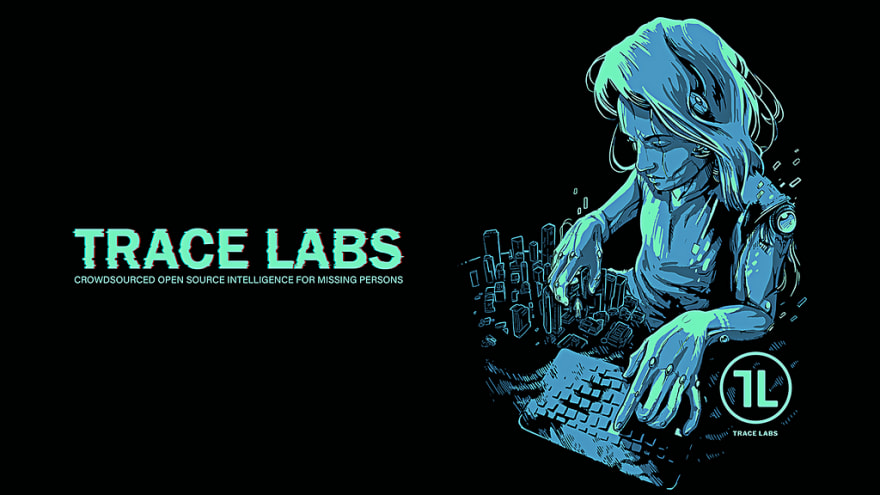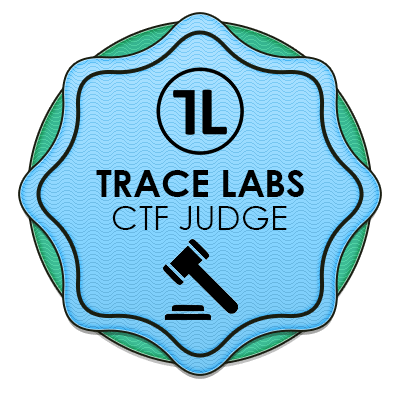Hello readers! Today I’m talking about my experiences as a Judge during TraceLabs CTF.
You might be thinking what is TraceLabs?
Tracelabs is a non-for-profit organization whose mission is for the reunification of missing individuals with their families, through the use of gathering relevant public data on the internet. This process is also known as open source intelligence gathering (OSINT). They gathered via two ways:
- CTF competitions that gamifies the collection of data with prizes to the top contestants. Contestants submit data that they think is relevant and are only given points once its approved from a judge. After the competition, all the data gets synthesis into a report by the intelligence reporting committee — which then gets passed off to the authorities who needs it.
- Ongoing case boards for missing individuals. Also collecting data but not a competition. After a time period, the data gets synthesis into report and passed off to the authorities.
I’ve participated in three of their competitions and enjoyed myself, but I wanted to spiced things up a little and decided to try out judging. It’s definitely different than being a contestant, but in a good way.
Here’s some of the things that I really like being a judge and how it differs from being a contestant:
- Teamwork vs Competition As a judge you are working as part of a larger group to filter out bad vs good submission, which means that people are encourage to share and help one another. The vibe tends to be more positive, and people are more cooperative and friendlier. When you’re working with a large group with many experienced people you tend to learn a lot more, especially if they’re willing to share.
- There is always work to be done When you’re a judge works comes to you, and when you’re not busy you can always ask for more teams to review. To me this was a big plus as I find it very frustrating to sit at my computer, not find anything for a couple hours, and feel like I wasted my time. I guess I enjoyed the feeling of being productive when reviewing submissions. Since judges are a key role in collecting good submissions, which in turn make good reports, I feel like I’m actively contributing to the community in a way I’ve never felt during a Tracelabs competition. Some of the new judges do say that it can be overwhelming and they’re not wrong, it was overwhelming at first — but once you do some reviewing, you get into a rhythm and it’s not so bad. The one thing I will note though is that because I’ve done the competition a few times already I have a pretty decent idea at what constitutes as a good or bad submission, so reviewing submissions isn’t as overwhelming for me (or maybe I just like the challenge :P).
- You get a better perspective on each of the cases As a judge you have access to all the submissions made by contestants, which means you have a much better idea on what’s the progress is like for each of the cases. Plus you get to see some of the cooler submissions made by the more skilled contestants. Any of the more interesting submissions also get shared on the judge slack channel. As a contestant you don’t really get that view. You’re pretty much confined to what you have found out, so you’re pretty much stuck in your own bubble. It’s only after the competition do people become more forthcoming with what they found, and even then you probably still don’t know what’s going on.
If you being competing for a bit and wonder what it’s like to be a judge, I highly recommend you give it a try. Overall I had a great time judging and I look forward to being a judge again in the coming competitions.
Originally published at https://epliu_2555.hashnode.dev.




Top comments (1)
I like this information!! rabbi inni lima anzalta ilayya min khairin faqir for marriage